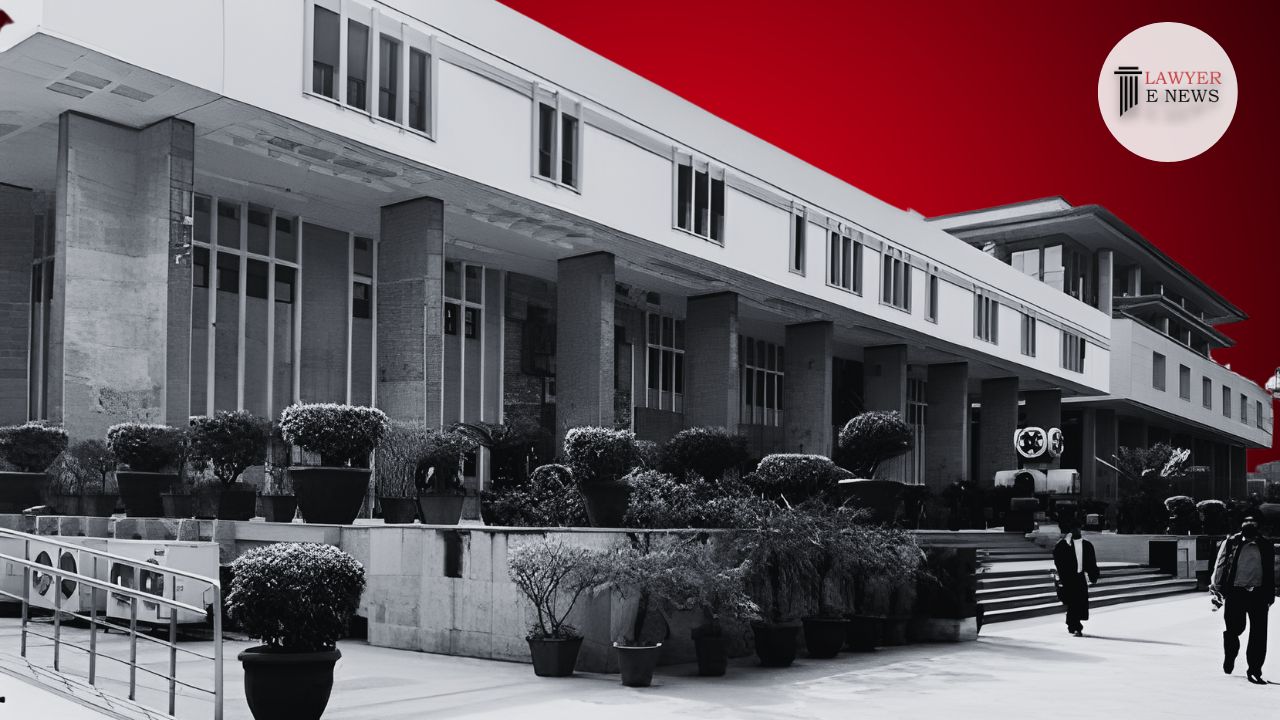-
by Admin
17 February 2026 2:34 PM



In a significant judgment, the Delhi High Court has acquitted the accused in an acid attack case, citing discrepancies in victim testimonies and flaws in the investigation. The Bench comprising Justice Suresh Kumar Kait and Justice Neena Bansal Krishna observed that inconsistencies in victims’ statements and shortcomings in the investigation procedure undermined the prosecution’s case.
The key legal point addressed in the judgment was the reliability and consistency of victim testimonies in identifying the assailants, coupled with the thoroughness of the investigation conducted.
The case involved an acid attack on two sisters, with the appellant-State and the victims challenging the trial court’s acquittal of the accused. The victims claimed to have identified the assailants, and the prosecution presented evidence, including the recovery of clothes with acid traces and the victims’ testimonies.
Identification of Assailants: The Court highlighted contradictions in the victims' testimonies regarding assailants' description and actions, raising doubts about accurate identification. These contradictions, combined with the absence of assailant identification initially, weakened the prosecution's case.
Conduct of Investigation: The Court observed significant discrepancies in the crime scene description and evidence recovery. The absence of public witnesses during key investigation moments, such as the accused’s arrest and evidence recovery, further diminished the credibility of the prosecution's case.
Victim Compensation: Despite the acquittal, the Court recognized the severe impact of the acid attack on the victims. The Delhi State Legal Services Authority was directed to grant substantial compensation for their rehabilitation and medical treatment, emphasizing the court's role in ensuring welfare beyond the trial.
Decision: The Court upheld the trial court's decision, acquitting the accused due to inconsistencies in victim testimonies and investigative flaws. However, it acknowledged the victims' suffering and directed comprehensive compensation and rehabilitation measures.
Date of Decision: April 02, 2024.
State vs. Afroz @ Sharib & Anr.
